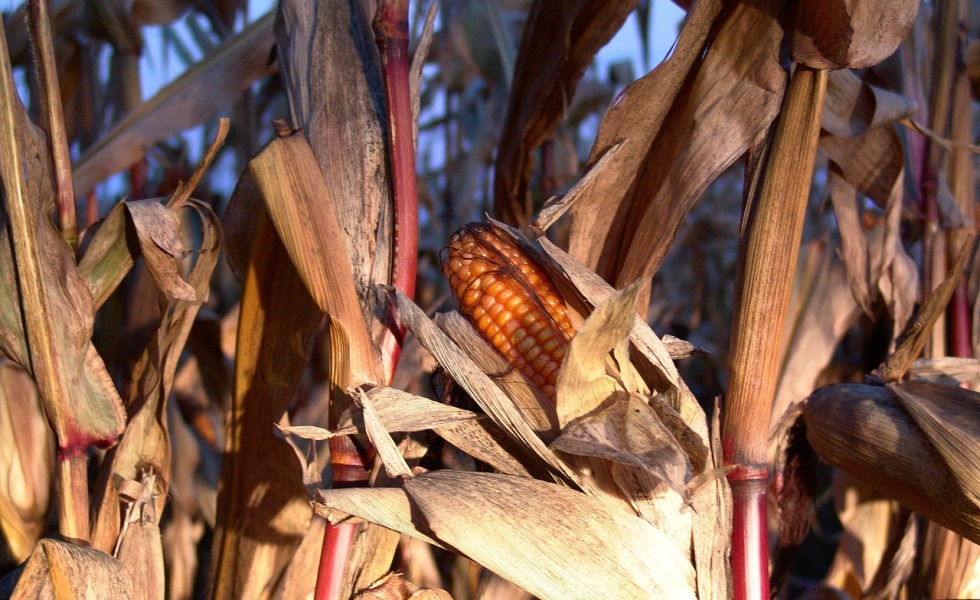2014 Farm Bill: “Immense Bundle of Subsidies”
Posted on November 14, 2014

In a series of toughly-worded articles published in Choices, the quarterly journal of the Agricultural & Applied Economics Association (AAEA), nearly every major element of the 2014 Farm Bill—from its expanded crop insurance program to its impact on global trade negotiations—comes under fire as either “perverse,” “false,” “vacuous,” “absurd,” “failing,” or “wasteful.”
The seven articles, overseen by Vincent H. Smith, a professor of ag economics at Montana State University, are a “careful, thoughtful examination of the economics behind the 2014 law,” explains Smith in a telephone interview Oct. 21. “Too often there has been a serious lack of critical attention given to farm bills by the ag economics community.”
Not anymore.
Smith and 10 other Land Grant ag economists—most of who are
AAEA “Distinguished Fellows”—take a hard, unobstructed look at the $100-billion-per-year 2014 law and come away deeply unimpressed. (A link to all is posted http://live-farm-and-food-file.pantheonsite.io/in-the-news/.) A quick sample shows just how unimpressed.
–On the overall “potential economic benefits and costs” of the law, Smith and Barry Goodwin, a professor of ag and resource economics at North Carolina State University, write that the “standard pro-farm policy rhetoric… typically claims that subsidies are needed to save small family farms” and are “important rural development mechanisms.”
Facts show, however, that “the conventional wisdom is based on a paradigm that is, at best, a relic of history and the assertions that are often put forward to argue for billions of dollars in taxpayer subsidies are false in almost every case.”
–In his explanation of the near-century old “resiliency of farm programs,” Iowa State’s Bruce Babcock, a pioneer of the 2014 law’s key element, crop insurance, writes, “The disconnect between a lack of actual economic rationale for farm subsidies and their continued existence demonstrates that farm programs exist not because of a need to enhance social welfare but rather to meet the political objective of members of Congress to care for a constituency that lends them political cover.”
–That political back-scratching, explains Brian Davern Wright, an ag economist from the University of California, delivered a 2014 law even more reliant on “crop insurance and disaster programs [that] are themselves disastrous” because each “reduces the incentive for farmers to manage farm risks and environmental problems” while it “increases their wealth, which far exceeds the average wealth of non-farm families and continues to rise.”
–The story is equally upside down when looking at the international food aid provisions of the 2014 law, claim Erin Lentz of the University of Texas and Christopher Barrett of Cornell. If just one restriction of the food aid formula, the requirement that 50 percent of all U.S. food aid be sent abroad on American-flagged ships—which “only affect(s) six to 11 mainly outdated vessels”—was removed, “4-10 million acutely malnourished people… would receive food aid…”
Or, “In other words, roughly 10,000 additional hungry people are not being fed for each domestic shipping job protected” in the bill.
–Moreover, the global trade implications of the law, writes Colin Carter, an ag economist at UC-Davis, are in clear conflict with what farmers repeatedly claim they want, free trade.
“The 2014 Farm Bill… may well cost the United States any credibility in future agricultural trade negotiations in the Doha Round. Perhaps even more importantly, the [law] has undermined U.S. credibility in regional trade negotiations…” such as the now-bogged down trans-Pacific trade talks.
Two other articles dive into the Farm Bill’s impact on ag research and “U.S. Agri-Environmental Policy.” Both are equally blunt and equally unimpressed by the long-in-the-making, short-in-reality policies the law dictates.
Smith, who describes himself as “far more liberal” than the right-leaning American Enterprise Institute, the Washington, D.C. think tank where he serves as a “Visiting Scholar,” says “the empirical evidence that underpins the entire series of articles is rock solid.”
So will be the lumps of limestone, granite, and coal thrown at him and his ag econ colleagues by all the beneficiaries of the 2014 Farm Bill.
© 2014 ag comm
Share This